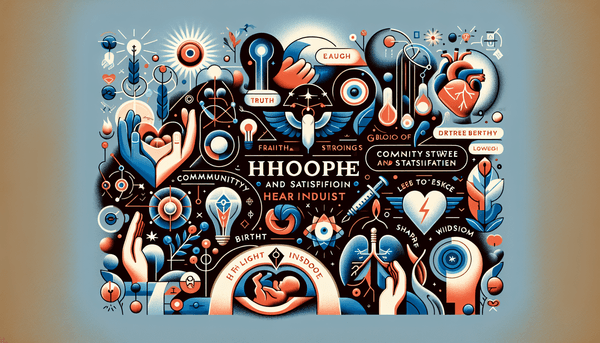Understanding God's Ability to Do More Than We Can Imagine
In the New Testament, we find a powerful assertion of God's omnipotence in Ephesians 3:20, which tells us that God is 'able to do immeasurably more than all we ask or imagine, according to his power that is at work within us.' This verse is a cornerstone for Christian faith, affirming that our understanding is limited, but God's ability is boundless. It is a reminder of the infinite possibilities that lie within divine providence, and it challenges us to expand our expectations and trust in His greater plans. Like Jeremiah 32:17, which marvels at God's creation of the heavens and the earth, and Matthew 19:26, where Jesus speaks of the ease with which God can accomplish what is impossible for humans, Ephesians 3:20 encourages us to place our hopes and dreams in the hands of the Almighty, trusting that 'with God all things are possible' (Luke 1:37).
The Nature of God's Gifts and Consistency
James 1:17 offers a profound reflection on the character of God and his benevolence: 'Every good and perfect gift is from above, coming down from the Father of the heavenly lights, who does not change like shifting shadows.' This verse presents God as the ultimate source of all that is good, reinforcing the idea that whatever blessings we receive are part of His divine generosity. It also speaks to the immutable nature of God, contrasting the constancy of the divine with the fickleness of the world. The Bible consistently affirms this steadfastness, as seen in Malachi 3:6, 'I the Lord do not change.' Similarly, Hebrews 13:8 declares Jesus Christ to be 'the same yesterday and today and forever.' Knowing this, believers can approach life's unpredictability with the confidence that the 'Father of lights' remains a fixed point of reference, as unwavering as His promise to provide for His children (Matthew 7:11).
Presenting Ourselves as Living Sacrifices
The apostle Paul presents a radical call to believers in Romans 12:1, urging them to 'offer your bodies as a living sacrifice, holy and pleasing to God—this is your true and proper worship.' This directive goes beyond mere ritual, inviting Christians to a life of active, daily dedication to God. It implies a holistic commitment that encompasses every aspect of one's life. Such devotion is echoed in 1 Corinthians 6:19-20, where believers are reminded that their bodies are temples of the Holy Spirit and should be honored as such. Furthermore, 1 Peter 2:5 encourages us to be spiritual houses and holy priests, offering spiritual sacrifices acceptable to God. Living as a sacrifice means an ongoing transformation, a daily dying to self, as described in Galatians 2:20, and living for Christ. It's about surrendering our will and desires, allowing God to use us for His glory and purposes, as we become new creations in Christ (2 Corinthians 5:15).
The S.O.A.P. Method for Bible Study
Engaging with Scripture is a critical practice for spiritual growth, and the S.O.A.P. method offers a structured approach to studying the Bible. It stands for Scripture, Observation, Application, and Prayer. Taking Romans 12:1 as an example, one would first write down the verse (Scripture), note key themes such as sacrifice and worship (Observation), reflect on how to apply this to one's life, perhaps by serving others or prioritizing spiritual commitments (Application), and conclude with a prayer for the strength to live accordingly (Prayer). The S.O.A.P. method encourages a deeper exploration of biblical texts, fostering a personal connection and understanding of God's word. Passages such as Joshua 1:8 and Psalm 119:105 emphasize the value of meditating on Scripture, while 2 Timothy 3:16-17 and Hebrews 4:12 remind us of the transformative power of God's word, which is 'alive and active.' James 1:22-25 further calls us to not merely listen to the word but to put it into practice.
Conclusion
Throughout this exploration of key biblical themes, we have been reminded of the vastness of God's power, the consistency of His nature, the assurance of His providence, the sanctity of our dedication to Him, and the practicality of engaging with His word through the S.O.A.P. method. These scriptures offer a wellspring of wisdom for those willing to delve deeply and apply their truths to everyday life. As we reflect on the messages of Ephesians, James, Romans, and other books of the Bible, may we be inspired to live with greater faith, hope, and love. Let us hold fast to these teachings, allowing them to shape our understanding and guide our footsteps as we navigate the complexities of our world with the timeless truths of Scripture.






